Humans
Sign up for our newsletter
We summarize the week's scientific breakthroughs every Thursday.
-
 Health & Medicine
Health & MedicineWhat we know about the Ebola outbreak, and the vaccine that might help
Even as an experimental vaccine arrives in Congo to contain the virus, there are worrisome signs Ebola has spread to a city.
-
 Health & Medicine
Health & MedicineTo regulate fecal transplants, FDA has to first answer a serious question: What is poop?
Fecal transplants are the treatment of the future for some conditions. But right now, they are entirely unregulated. Here’s why putting regulations in place is so complex.
-
 Health & Medicine
Health & MedicineThe CDC advises: Don’t swallow the water in a hotel swimming pool
In a 15-year period, hotel swimming pools and water parks had the highest number of swimming-related disease outbreaks in the United States.
By Kyle Plantz -
 Anthropology
AnthropologyAncient Chinese farmers sowed literal seeds of change in Southeast Asia
Two waves of ancient migration from China to Southeast Asia spread farming and languages.
By Bruce Bower -
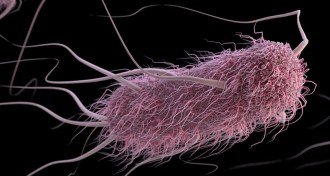 Life
LifeYour blood type might make you more likely to get traveler’s diarrhea
People with type A blood are more likely to develop severe diarrhea from E. coli infections.
-
 Health & Medicine
Health & MedicineKids are selective imitators, not extreme copycats
Preschool-age kids have a reputation as “overimitators” based on lab tests. But in realistic test situations, kids don’t blindly imitate adults.
By Bruce Bower -
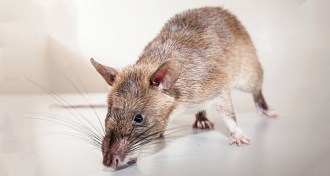 Animals
AnimalsWith a little convincing, rats can detect tuberculosis
TB-sniffing rats prove more accurate in detecting infection, especially in children, than the most commonly used diagnostic tool.
By Yao-Hua Law -
 Humans
HumansThe window for learning a language may stay open surprisingly long
A crucial period for language learning may extend well into teen years, a new study suggests.
By Bruce Bower -
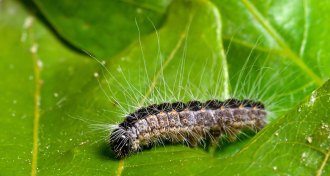 Animals
AnimalsThese caterpillars march. They fluff. They scare London.
Oak processionary moths have invaded England and threatened the pleasure of spring breezes.
By Susan Milius and Aimee Cunningham -
 Health & Medicine
Health & MedicineIs it an invasion of your kids’ privacy to post pictures of them on social media?
Growing up in an online world doesn’t mean that kids don’t care about privacy. Parents should keep this in mind when posting pictures of their kids to social media.
-
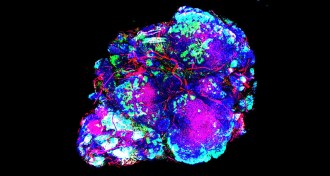 Health & Medicine
Health & Medicine50 years ago, starving tumors of oxygen proposed as weapon in cancer fight
Starving cancerous tumors of oxygen was proposed to help kill them. But the approach can make some cancer cells more aggressive.
-
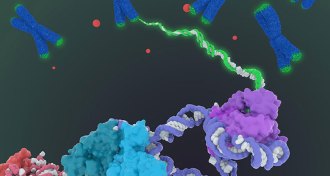 Health & Medicine
Health & MedicineAn enzyme involved in cancer and aging gets a close-up
The structure of telomerase, described with the greatest detail yet, may give researchers clues to cancer treatments and other telomerase-related illnesses.